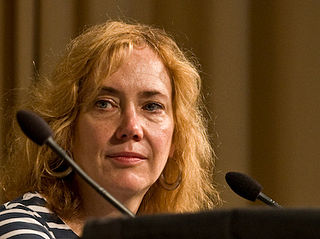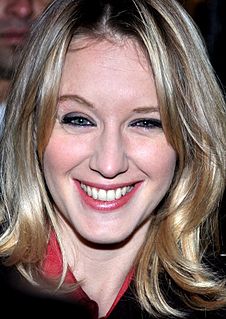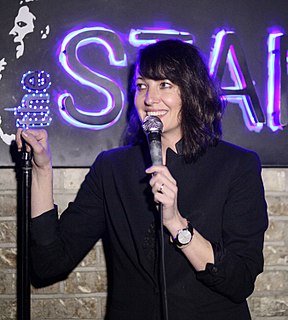A Quote by Dinaw Mengestu
Obviously, in marketing, the best tool is to show the autobiography in fiction. It's inevitable how that happens, but it's generic. Say I've written a story where my sister dies. 'Well, did your sister die?' No, she did not. But people use those straws to grasp at the difference between reality and fiction.
Related Quotes
Creative non-fiction is such a liberating genre because it allows the non-fiction writer, whether he or she be journalist or essayist, to use all of the techniques of the fiction writer and all of the ideas, creative approaches, that fiction writers get a chance to use, but they have to use it in a true story.
As an actress, I think I really understand that stage where you think you are picking reality in order to feed the fiction, but it happens to be the contrary. It's the fiction that suddenly feeds your reality. And you don't know how it has been done. That's the kind of magical transposition that is art.
My sister is also retarded. Across the board. She's a one hundred per cent, honest to goodness, born that way retard. I learned a long time ago that if you're going to tell a story about your retarded sister, you need to mention she's retarded right off the bat or inevitably, at the end of the story, someone will say, What... is she, retarded? And then you have to go, Uh... yeah, she is. Followed by a lengthy, awkward silence.






































